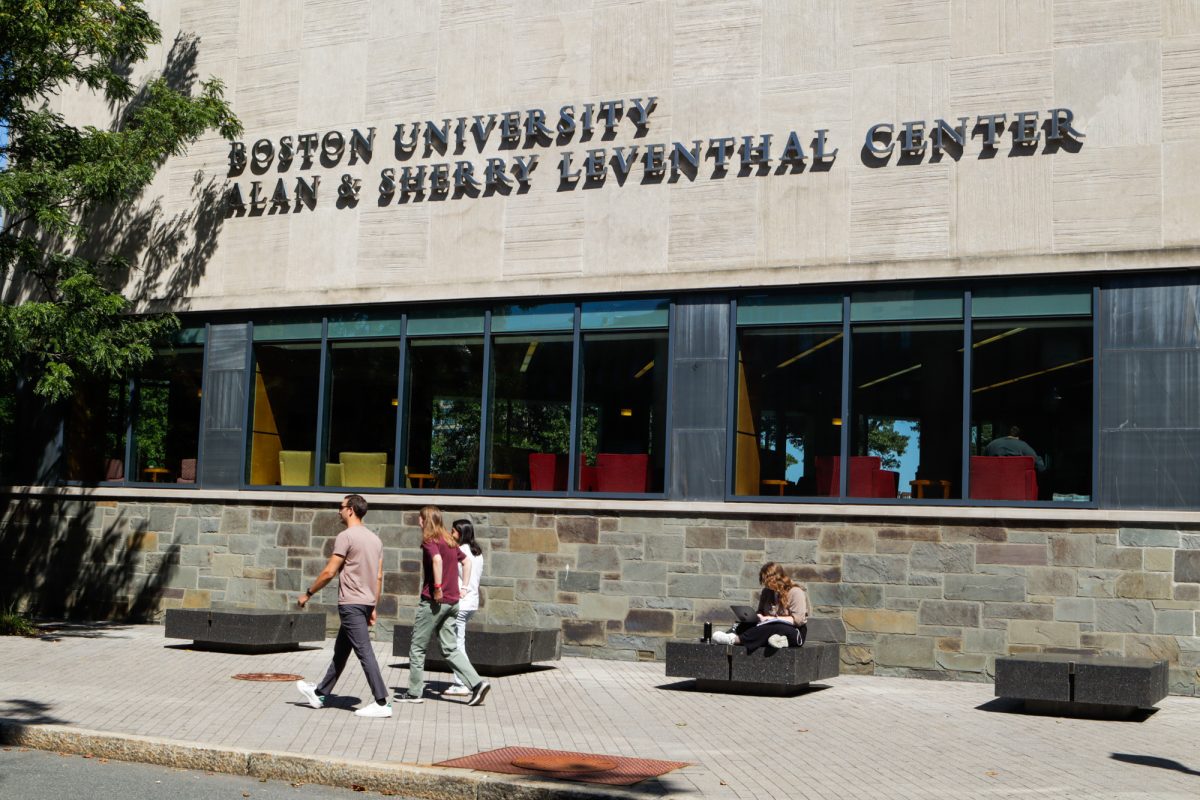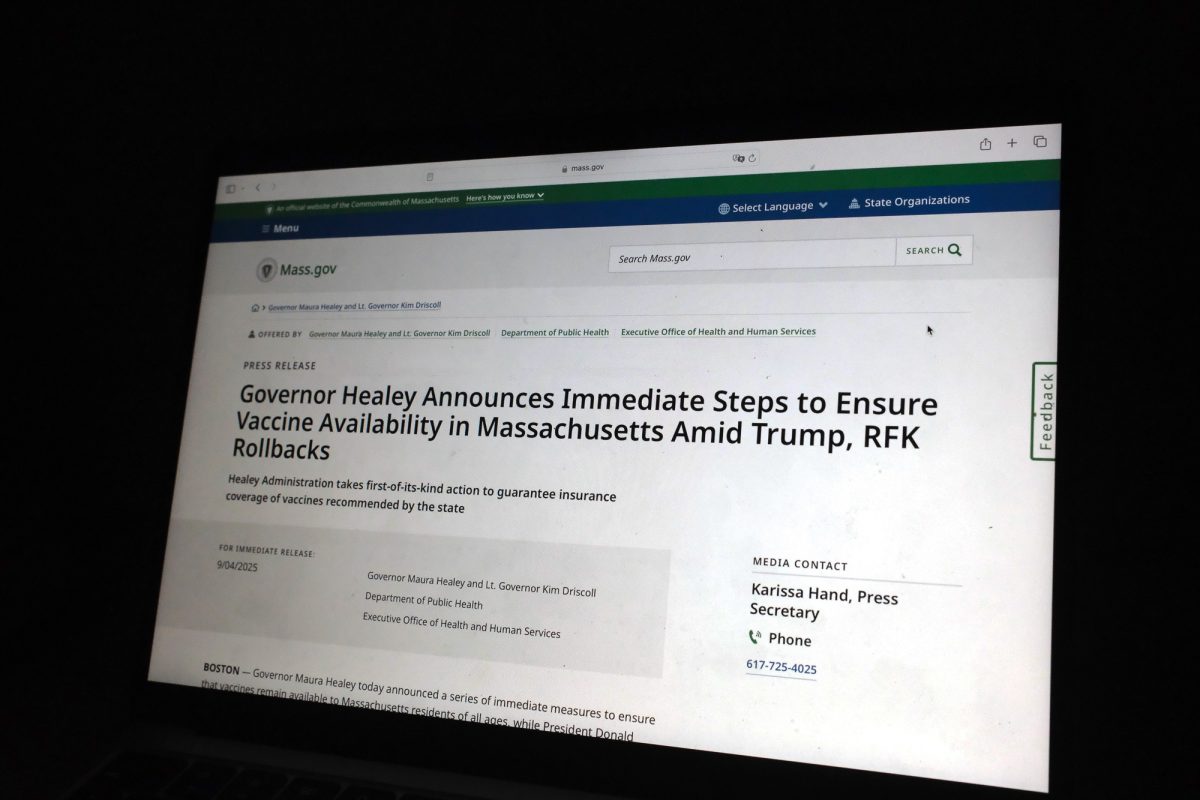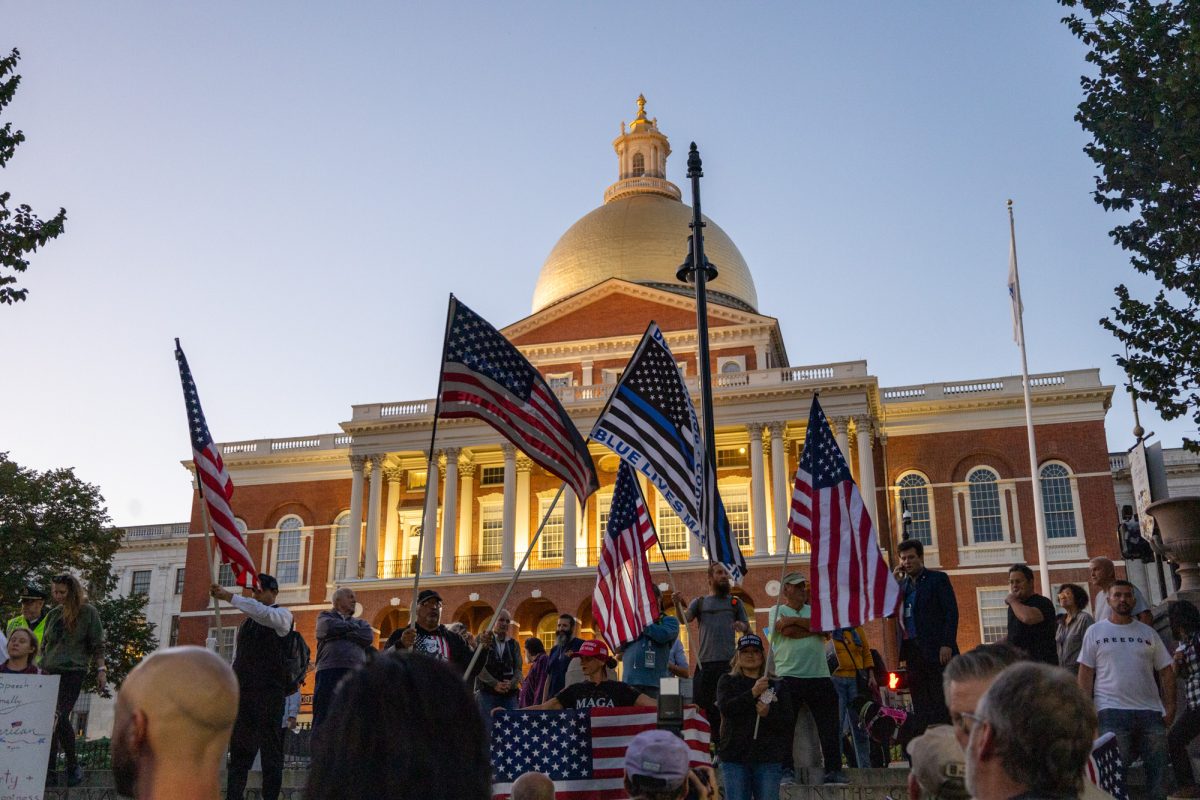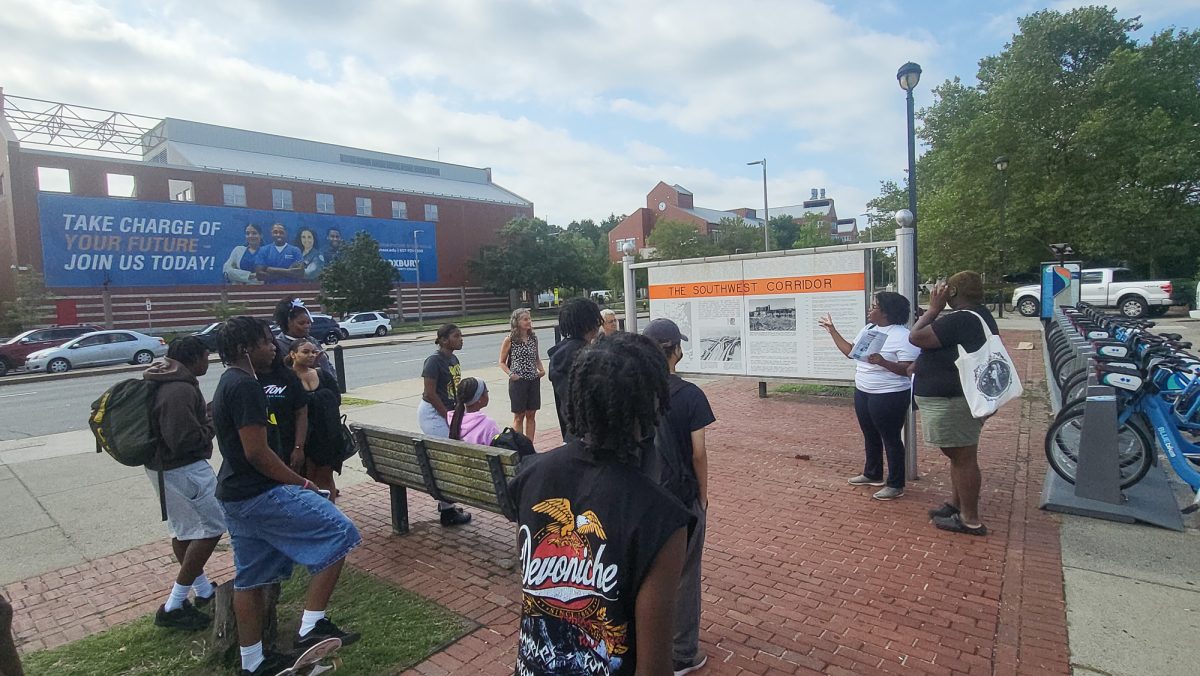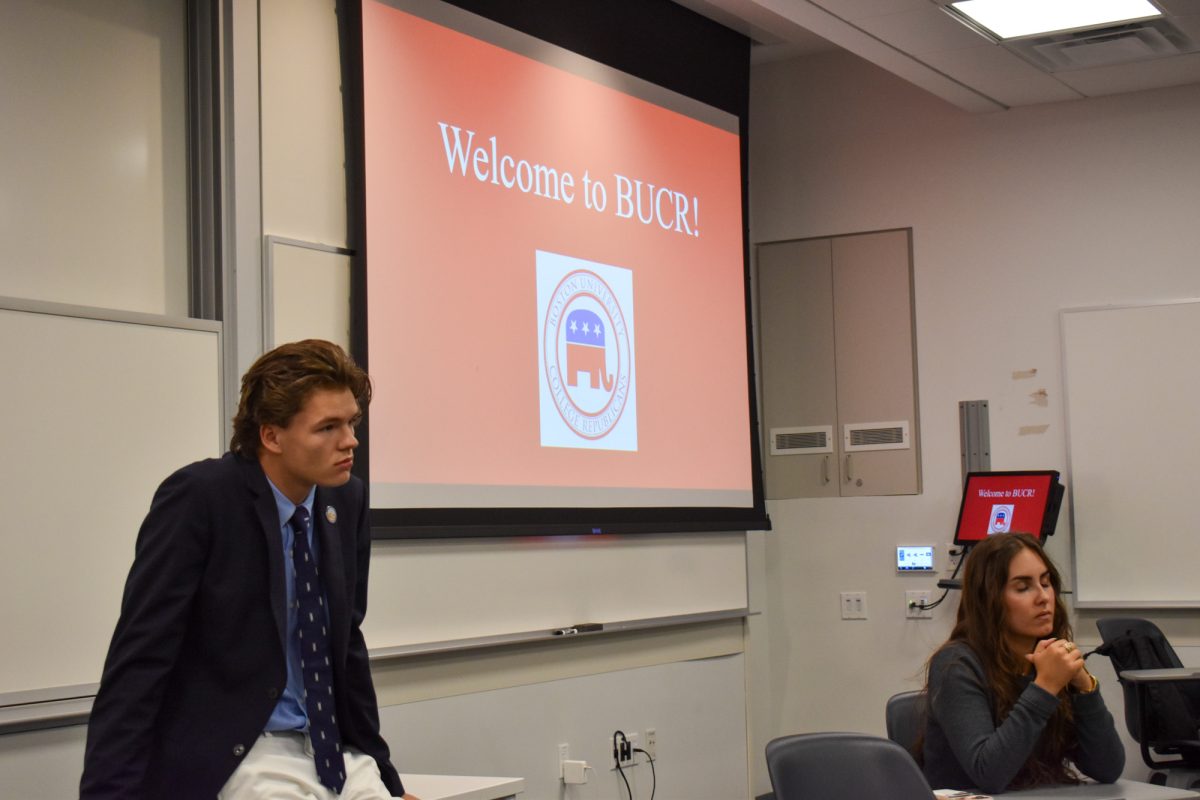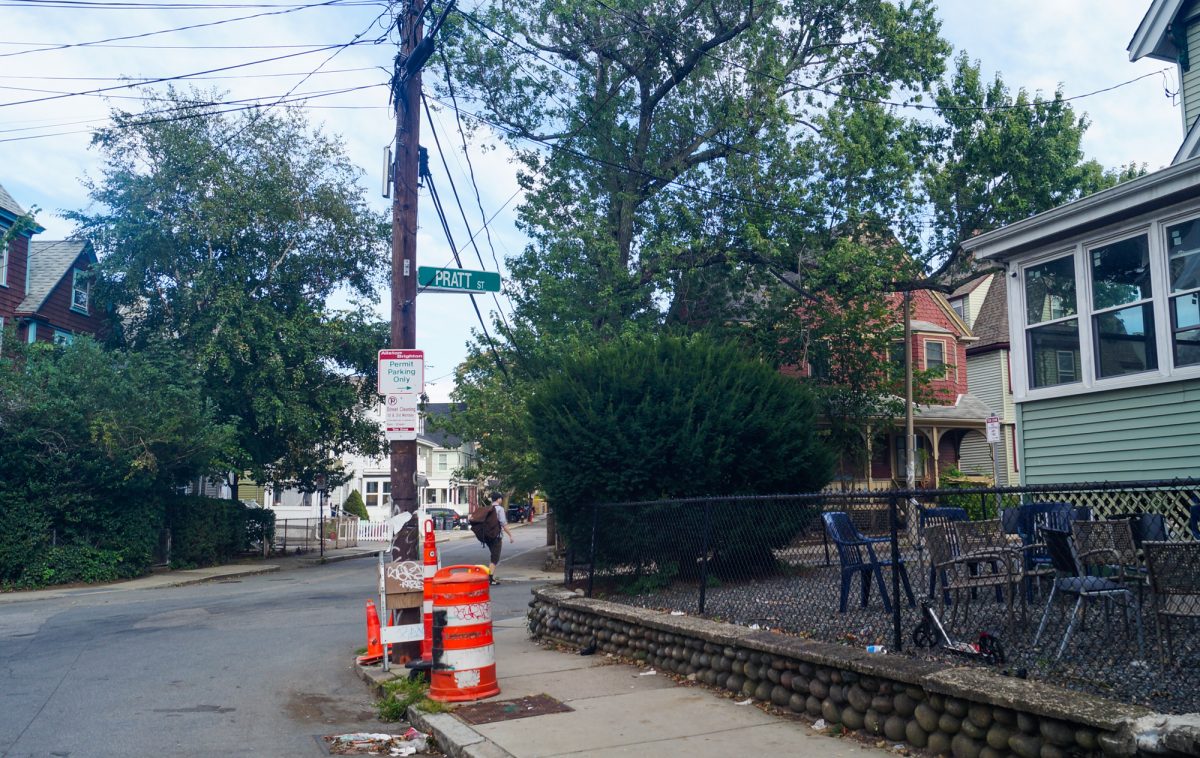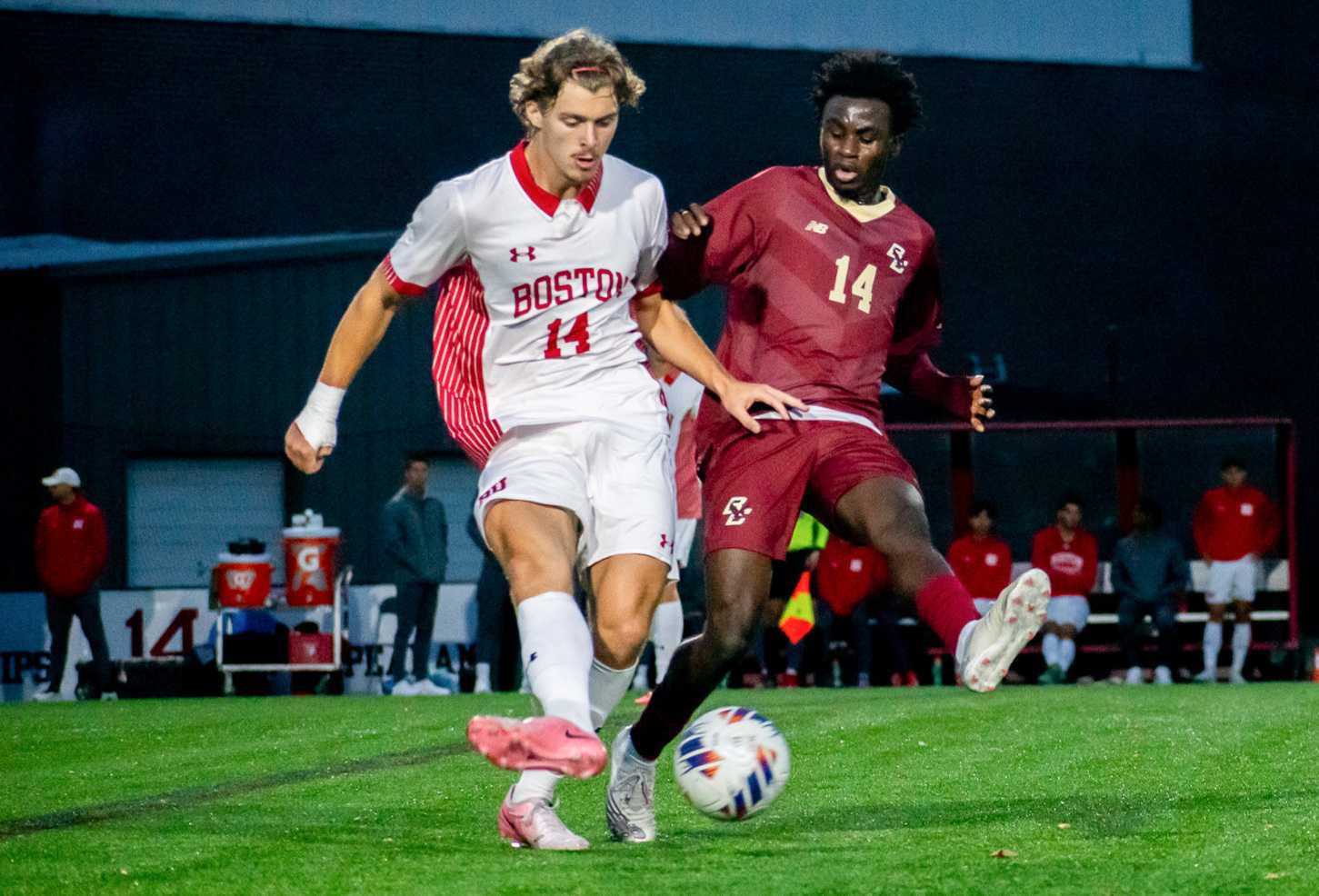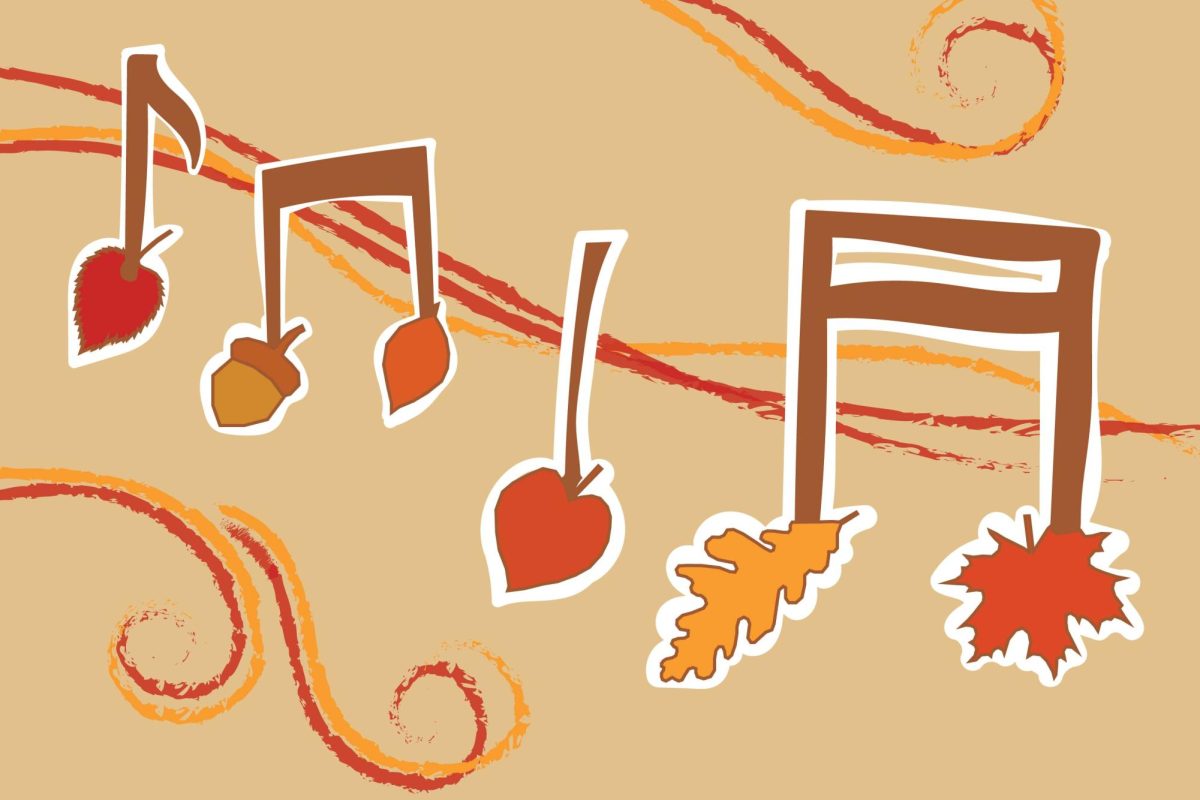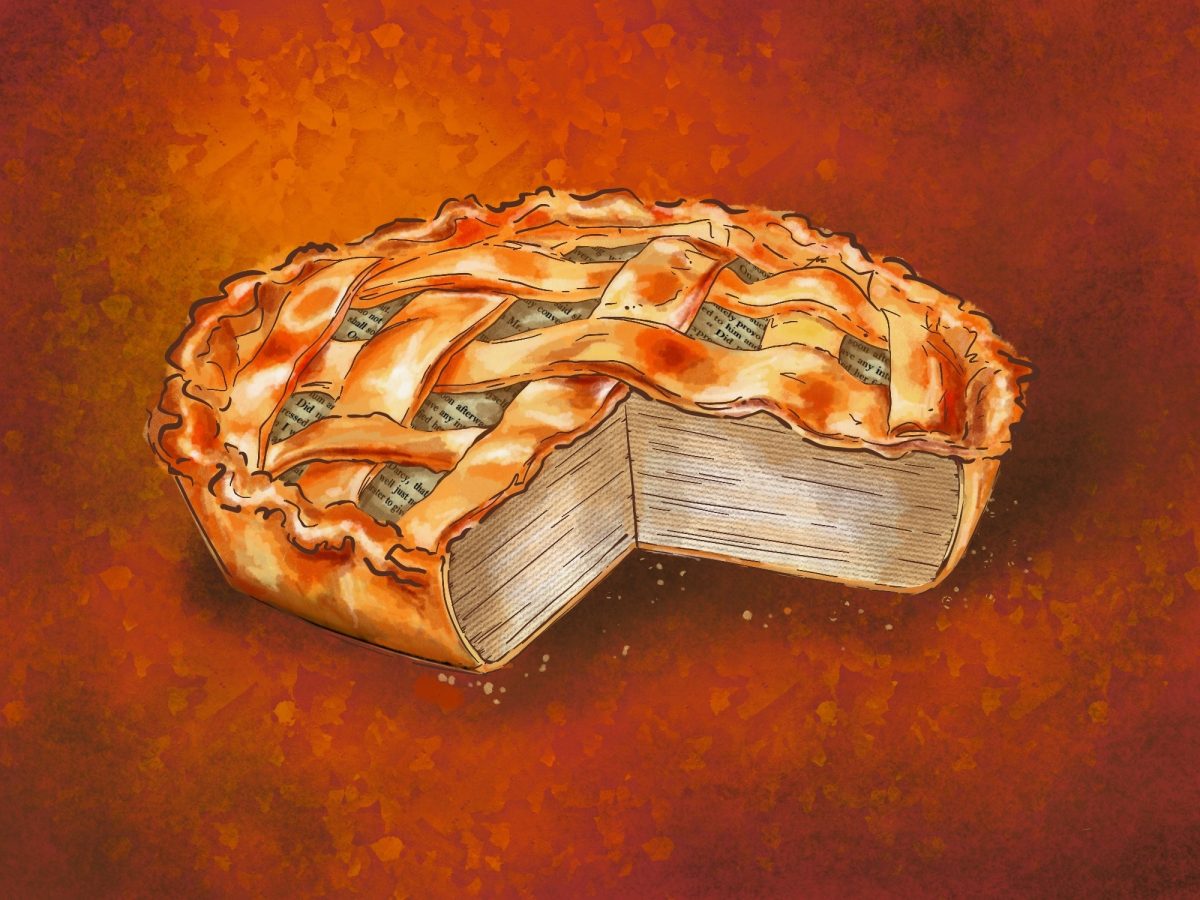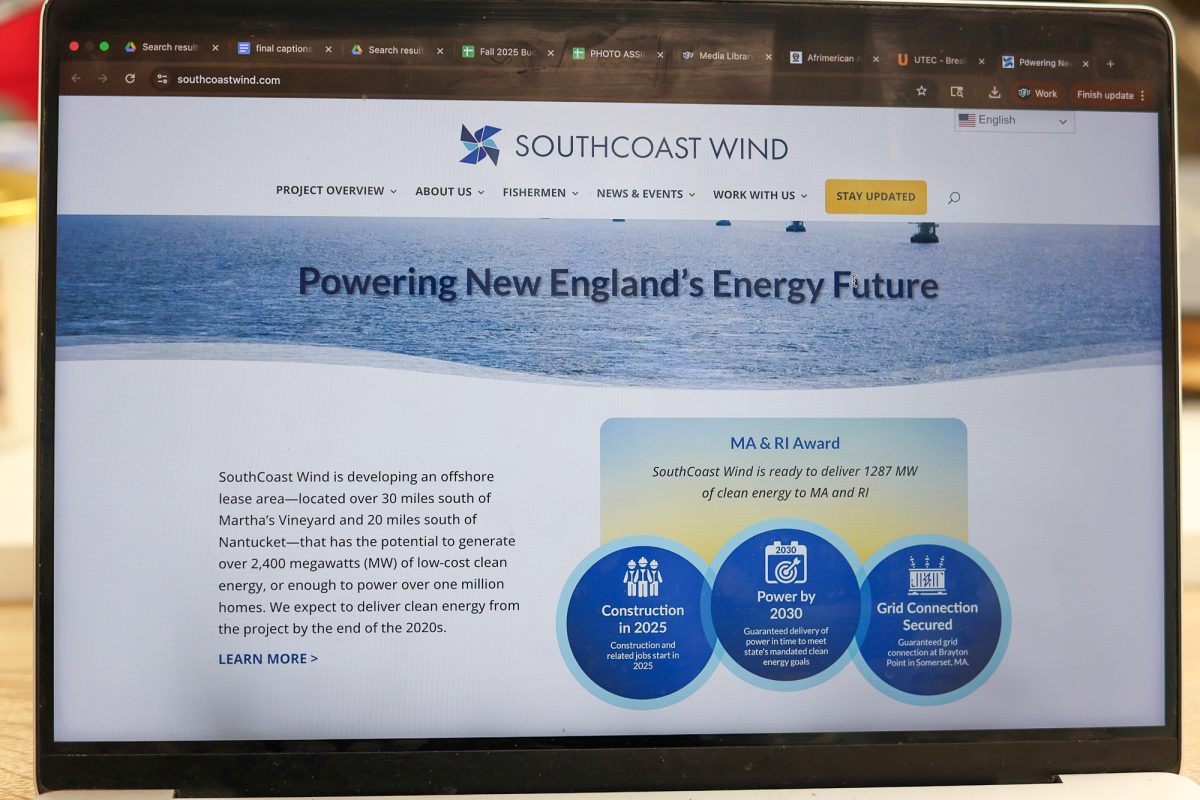Professors at institutions of higher education such as Boston University are becoming increasingly likely to use social media platforms as classroom tools, according to a study released Friday.
The Pearson Education Inc. study, titled “Social Media for Teaching and Learning,” found that 41 percent of faculty surveyed used social media as a teaching tool in 2013, compared to around 34 percent in 2012. In addition, more than half of higher education faculty replied that they use social media platforms for professional purposes in 2013.
“We [professors and students] use the platforms to share content, to distribute content, to keep conversations going beyond the classroom and also to help students learn how to establish their own online presence in a business-focused way,” said BU advertising professor Edward Boches.
More instructors are using blogs and wikis, podcasts, LinkedIn, Facebook and Twitter in 2013 than in 2012, according to the study.
“I require students to write a blog and to come up with their own posts,” Boches said. “Part of that is as a learning exercise for the subjects of the blog post, but also because I want them to learn how to use the platforms for their own visibility and personal branding.”
Boches said he also posts his PowerPoint presentations on SlideShare for students. In addition, he uses Twitter in some of his classes, as well as a program called Springpad that allows students to collaborate to create and edit virtual notebooks.
“All of my classes have these Springpad notebooks,” he said. “I sometimes add videos, links and articles to the notebooks of students as an ongoing source of inspiration. It really is social sharing of relevant content.”
For College of Communication students, social media is most practical for creating and distributing content with a specific purpose in mind, Boches said.
“When students come into COM, they use social media more as consumers and less as creators,” he said. “They develop content on social media, but they don’t necessarily leverage it in a strategic way to accomplish something for themselves or for a brand or for a client. The trick for all students is to go from being consumers of media to being creators of media.”
COM professor Max Esposito also said his classes use social media platforms in class. In his Introduction to Visual Journalism course, students may Instagram photographs they take for the class with select hashtags.
In addition, Esposito said he encourages the use of Twitter as a guest lecturer in COM professor Peter Southwick’s Advanced Photojournalism class.
“During our guest lecture, we will create a hashtag on Twitter,” he said. “As we’re talking about things, we encourage students to tweet questions at us, tweet comments at us and share content with us during the three-hour class. We’ve seen that it’s been really effective.”
Use of social media platforms allow students to continue course-related conversations outside of class, Esposito said.
“I see it being an opportunity to extend the classroom discussion into the real world,” he said. “It’s an easy way to share information with friends and to share information with all other students … It allows for the forum to continue the sharing of new ideas outside the classroom, so there’s definitely a benefit in that.”
College of Arts and Sciences sophomore Gretchen Donlan said she used a social media platform called Piazza for her Introduction to Chemistry class, which she found very helpful. Piazza is an online classroom that allows students and instructors to share content and questions.
“All of my professors at BU have been pretty supportive of social media and how it can be beneficial,” she said. “… Because it’s so fast-moving and easily accessible, you’re able to easily get information.”
COM junior Olivia Davis-Wilson said social media skills are important in today’s job market, and she is glad to see it so frequently used in higher education.
“You have to be able to represent yourself on social media and get the word out in an appropriate way that still makes people engaged,” she said.
School of Management junior Valeria Brito said all of her professors encourage students to create LinkedIn profiles and connect with instructors through the LinkedIn network.
“For some concentrations or some majors, it [social media] is more important than others,” she said. “It’s important because that’s where business is. That’s where we are going.”

